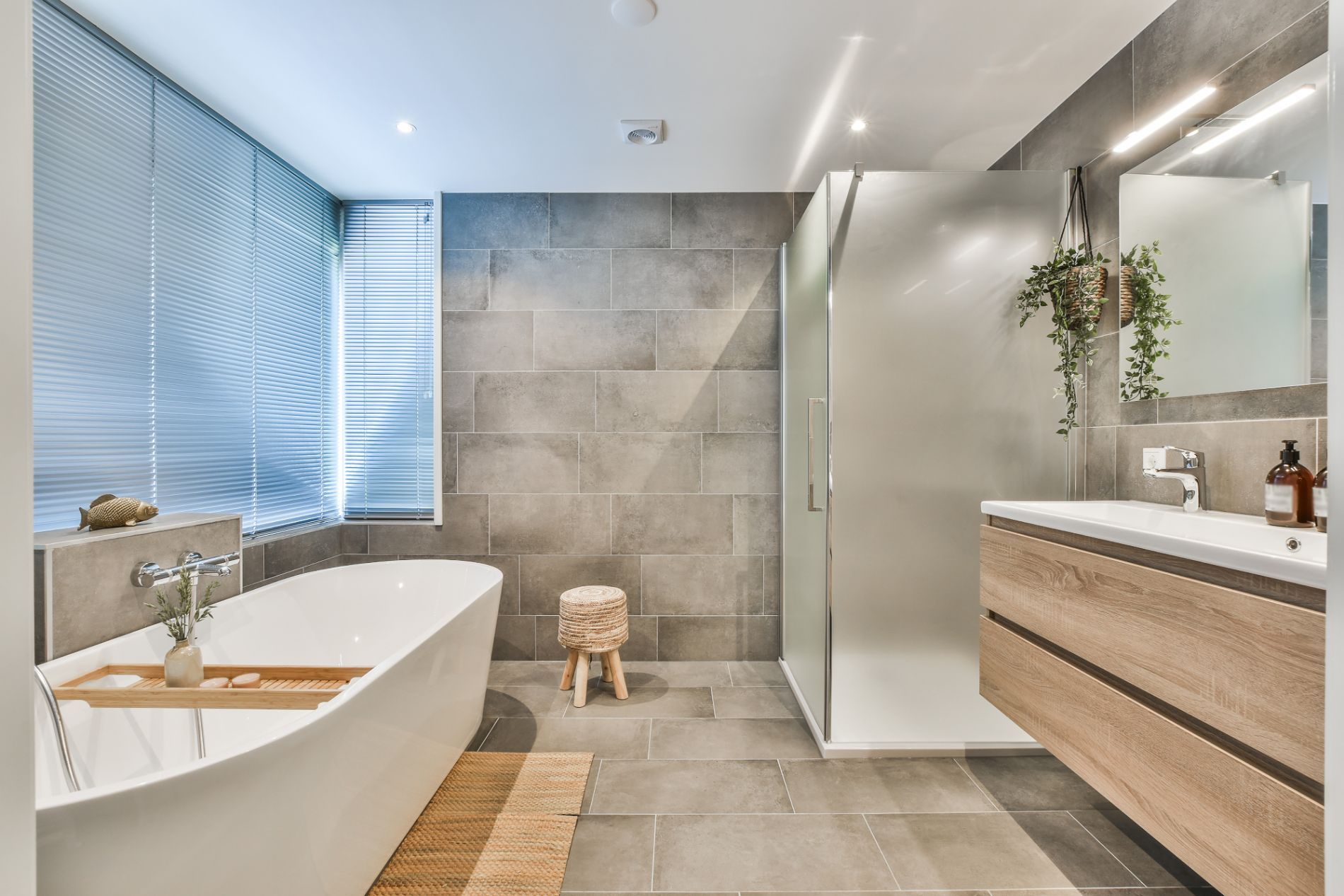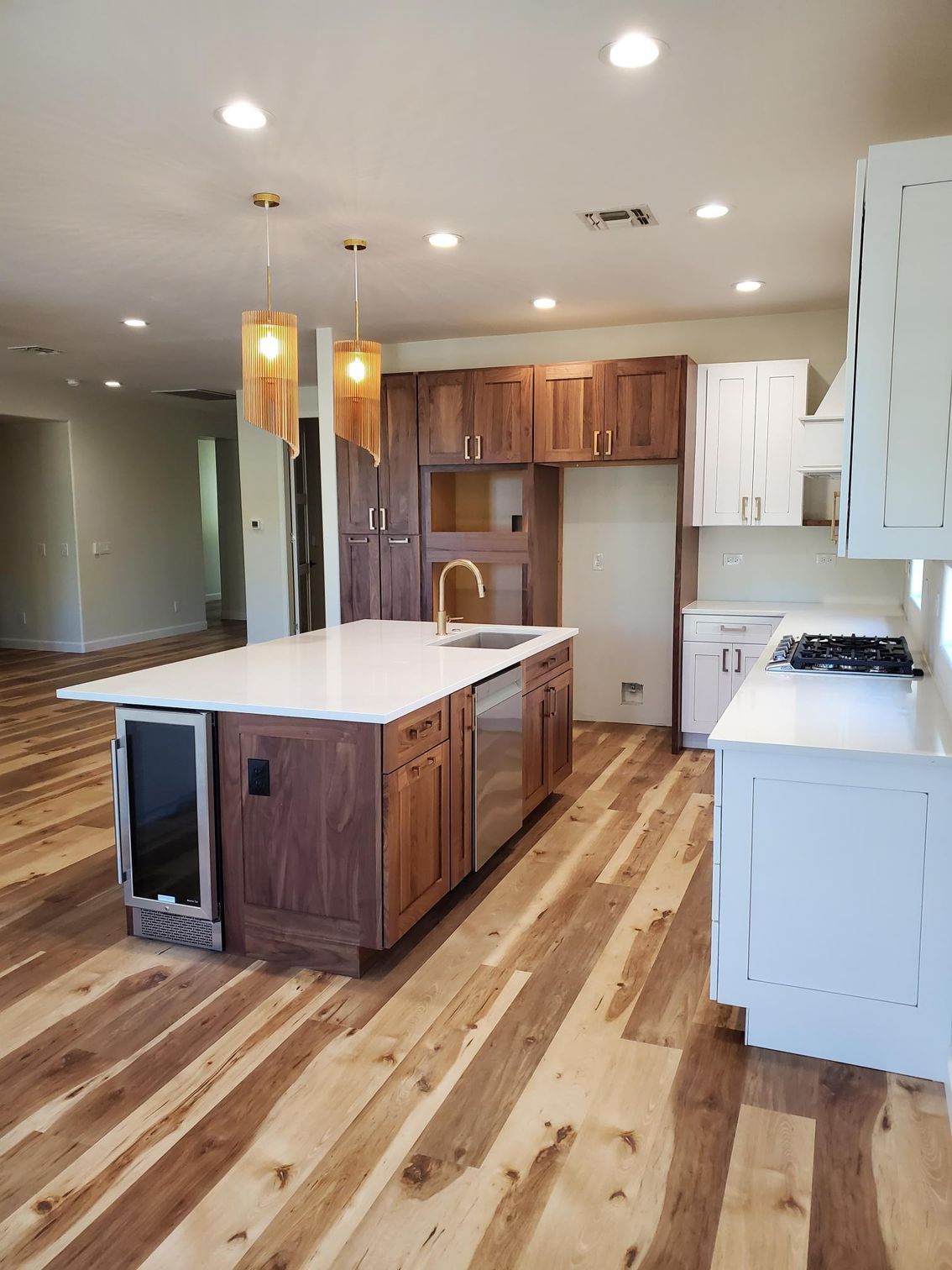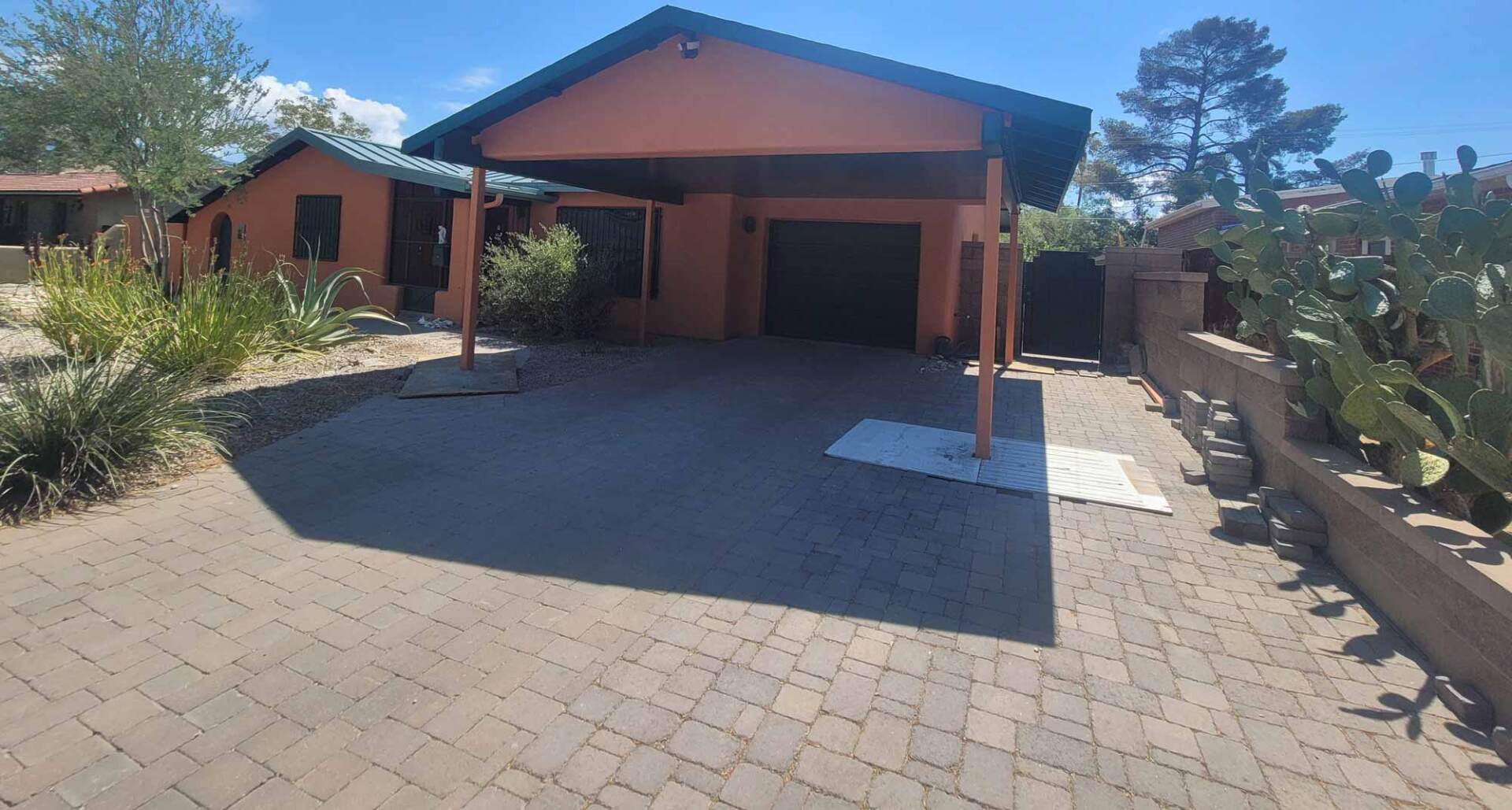Steps To Planning Your Home Addition
kitchen addition, bathroom addition, bedroom addition,
Steps To Planning Your Home Addition
To be honest, planning your home addition can be a bit frightening. Especially if you have never taken part or witnessed one through its various stages. Thankfully, you are in luck, We’ll introduce some things you probably haven’t thought about. While defining other areas that you might have only thought about briefly. At the end, you’ll be more knowledgeable and more prepared about your home addition.
Solving Your Home’s Problems
Planning your home addition is only brought about by one thing; your home is lacking space! it is rare to find a flawless home. In this case, a room addition is likely to be the perfect solution! However, each home addition is unique. So, we will need to define your home’s specific space problem before we can fix it. Here are some common wish-list items for home additions:
- Increased living space (sitting areas, living rooms, dining rooms)
- More personal space (bedrooms, guest rooms)
- Boost functionality (kitchen, laundry, bathrooms)
- Storage needs (mudroom, built-ins, closets)
- Improve layout & flow
- Business use (office, rental income, resale value)
Define Your Problems
Is something about your home frustrating you? Grab a pen, or your phone and make a note of it! Defining your problems is the first step to solving them. The more details you provide, the more insight you will be able to give your builder.
Ways to define your home’s space problems:
- Need more counter and storage space in the kitchen
- I cannot see my children playing while I’m cooking dinner
- Our dining area is too far from the kitchen
- It’s dark and closed off in the kitchen
- I am annoyed that I have to do laundry in the garage
- Our older parents need an accessible guest room and adjoining bathroom suitable for extended visits
Needs vs. Wants In Your Home Addition
Unless you have an unlimited budget you will need to define what you need and what you want from your home addition. This will guide your choices and reign-in your spending to realistic standards.
Needs When Planning Your Home Addition
- Guest room or office needs a separate entrance.
- Separate space for laundry.
- Durable, waterproof flooring
- Natural light flow
- Office also needs to function as a guest room
Wants When Planning Your Home Addition:
- Skylights.
- Solid oak floors.
- High-end lighting fixtures.
- Vaulted ceilings.
- Separate bath and shower stall.
- Built-ins.
- Energy-efficient windows.
Establishing your wants and needs helps allocate funds for must-have items. Any surplus can be used for wanted items. It goes without saying that this is much easier to do beforehand rather than mid-project.
How Big Should My Home Addition Be?
Determining the square footage of your addition can be tricky. You will need to consider how much usable land you have, where your property lines are, and adequately cover your list of needs. If you are limited on space, you may be able to build up or add a second story to your home. Bear in mind that there are specific rules and guidelines that come with each type of addition.
Sometimes Forgotten Costs Of Home Additions:
We know that maximizing your budget is important. In an ideal world, all funds would be allocated to square footage and finishes. However, there are other costs that you must allot for when planning your home addition. Let’s call them the practical side of home additions; permits, septic tank expansion, increased property taxes among others.
- Permitting: Based on the value of your home addition.
- Septic Tank Expansion: More rooms means your septic tank will have to meet the standards for your home’s new capacity. Helpful advice: Adding a home office does not increase your septic tank capacity needs. Although, who is to say you cannot add a murphy bed to accommodate an occasional guest in the future if the need arises?
- Property Taxes: Adding square footage ultimately equals more home value and an increase in property taxes.
Who Should I Contact First: General Contractor or Architect?
An architect will tell you it is better to start with them. A general contractor will likely tell you the same. Here at Global Construction Management LLC we have a Architect we work with or you can hire one on your own.
So how do you decide?
We like to explain it like this, an architect is usually done with the project once the plans are drawn up. Therefore the amount of time you spend with an architect is minimal when compared to the amount you will spend with your builder. Your builder will be on-site daily and potentially after completion if there are more projects you are working on together.
Considering this, the advantages of choosing your builder first are clear. Once you select the best builder for your project, ask them to recommend an architect to draw the plans. This is a win, win as you already have a great builder and now you are adding an architect that has a good working rapport with your builder.
What Happens After I Have A Builder & An Architect?
The architect will draw up plans that meet the needed specifications. The general contractor will then price the job based on the costs of materials specified in the plans. If your plan calls for 800 square feet of ceramic tile, the general contractor can then estimate an average cost of goods and labor. Of course, not all tile floors cost the same amount of money. Therefore, knowing your design style and desired finishes will get you a closer estimate.
Know Your Level Of Involvement
Being your own general contractor could save you a few bucks if you have a lot of connections in the different trades needed for your home addition. However, you will also need quite a bit of free time to manage all of the contractor’s schedules, lead time on materials and making sure the process is completed on time. Not to mention, you are the only one to blame when the process doesn’t go as planned.
If you are not ready for all of the headaches of being your own general contractor, then you will need to hire one. Many homeowners fall into this category for a variety of reasons. We recommend interviewing a few builders to find one you feel comfortable working with.
Get Started On Your Home Addition
Now that you are brushed up on the steps to planning your home addition it’s time to get started! Global Construction Management LLC would be honored to be on your interview list. We have been serving the construction needs of Tucson AZ residents for over a decade. We pride ourselves on not being a volume-based company. Rather, our value is derived from providing our clients with integrity, dependability, and quality workmanship.
To schedule your personal consultation contact us online or by calling (520)390-1804. We look forward to turning your home into the perfect space for your family.




1440 S Alvernon Way
Tucson, AZ 85711-5604
- Mon - Fri
- -
- Sat - Sun
- Closed




